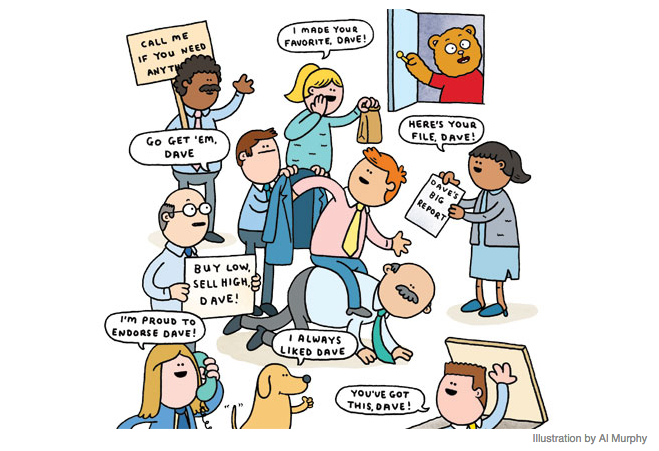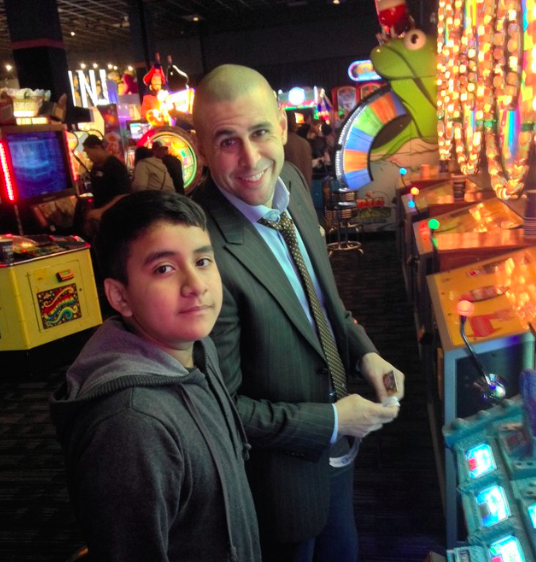The Misery of Mentoring Millennials in the Workplace
“For a new generation of workers, the idea of seeking out a single career confidant is as old-fashioned as a three-martini lunch…” By Marina Khidekel http://www.businessweek.com/articles/2013-03-14/the-misery-of-mentoring-millennials When Christina Wallace, then 25, started a job at a management consulting firm in 2009, she was assigned two mentors: one, a career counselor; the other, an office-culture guru. “It […]











